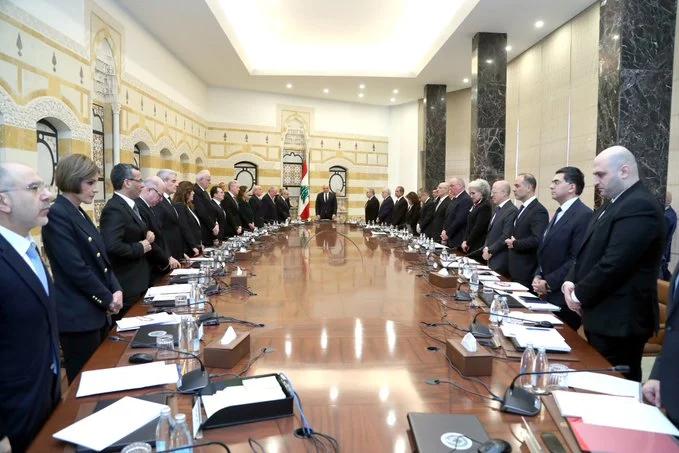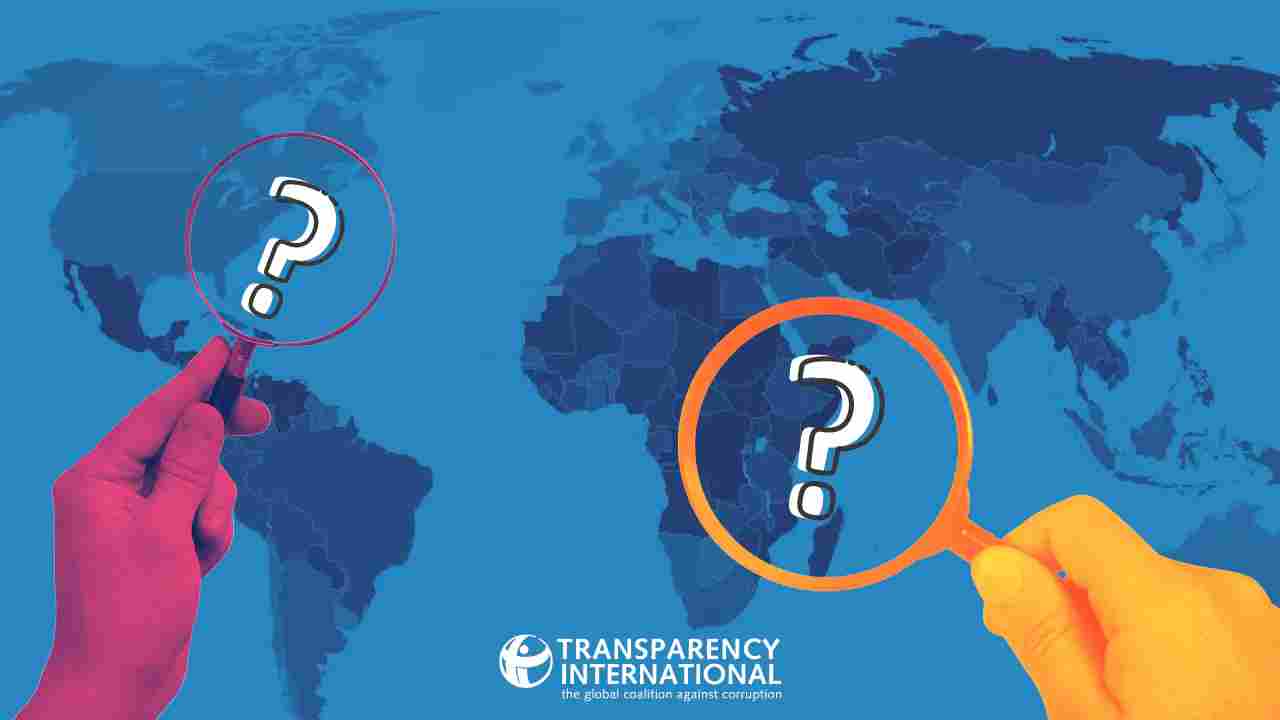
BEIRUT (Enmaeya News) — September 22, 2025
The Office of the Minister of State for Administrative Reform (OMSAR) has launched the first of three phases of its “Restructuring State Administrations and Institutions 2030” project, also known as “Reinventing Government 2030,” aimed at fully overhauling Lebanon’s public sector.
Currently, more than 70 percent of public service posts are vacant, as the State’s workforce numbers just around 8,000 employees. “This is an opportunity for reforming public administration,” said Fadi Makki, Minister of State for Administrative Reform.
OMSAR plans to first assess the skills of existing public sector employees. “Next, we will determine who should be retained and who should be let go. This will be followed by three measures taken in relation to remaining employees: Reskilling, matching skills to new tasks after mapping new functions, and amending the salary scale,” Makki explained.
Vacant positions will be filled by attracting new employees in proportion to the future workforce needs, which will be determined later.
As part of the reskilling initiative, OMSAR will partner with universities to launch a Digital Transformation Academy and an Innovation and Behavioral Science Lab. The academy will equip public employees with essential skills, particularly in digital transformation, while the lab will help reimagine and reengineer public services.
OMSAR is also developing a platform, with support from the United Nations Development Programme (UNDP) and other donors, that will act like a marketplace connecting ministries with university expertise. The platform aims to match ministries’ needs with skills available in universities.
So far, OMSAR has analyzed nearly 1,500 public services and mapped their processes. Ministries then identified 177 top-priority services, which were further refined based on traffic, impact, and citizen touchpoints.
The first phase, scheduled to conclude in early October, will gather input from a broad range of stakeholders through surveys, workshops, roundtables, digital forums, town halls, and interviews.
Participants include top State officials, public employees, businesses, universities, municipalities, unions, the media, the Diaspora, international partners, political parties, and religious leaders. “It is a bottom-up approach. OMSAR is currently in the stage of preparation of the plan. It lacks manpower and has to mobilize resources and this takes time,” Makki noted.
The second phase, set for completion by the end of 2025, will produce a detailed blueprint and transformation plan for the public sector, overseen by a newly formed steering committee.
The third and final phase, concluding in 2030, will fully implement the reform, transforming the public sector into a modern, digital, and agile administration with a highly skilled, innovative, and empowered workforce, according to the minister.






